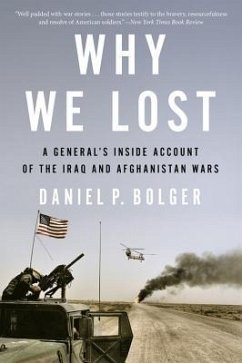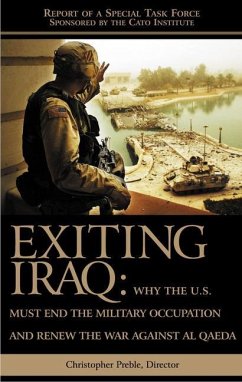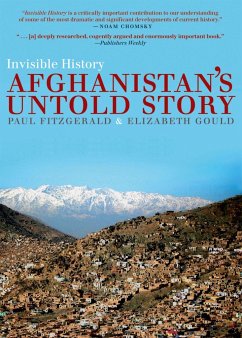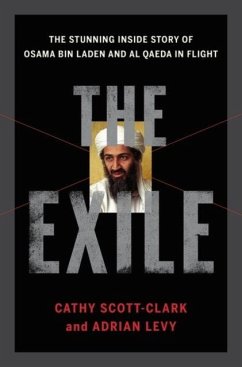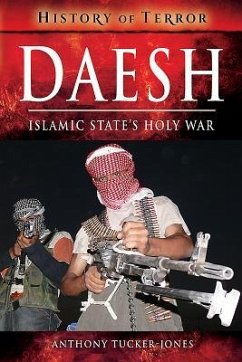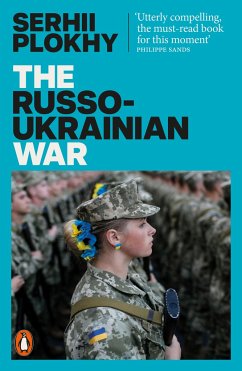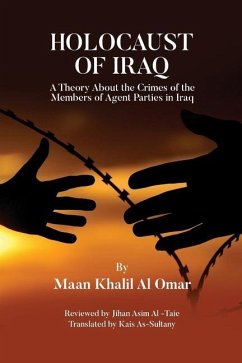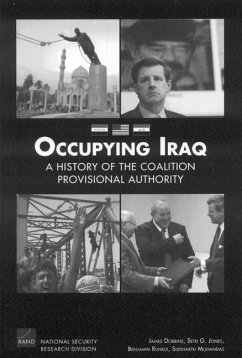
The Legacy of Iraq
From the 2003 War to the 'Islamic State'
Herausgeber: Isakhan, Benjamin
Versandkostenfrei!
Versandfertig in über 4 Wochen
30,99 €
inkl. MwSt.

PAYBACK Punkte
15 °P sammeln!
'The volume is a must read for those interested in the developments that lead to the onslaught of ISIS across Iraq in 2014. It is a gold mine of meticulously researched and presented analysis of the key issues facing contemporary Iraq and of the legacies left behind by the American-led coalition after 2003.' Amatzia Baram, Director of the Centre for Iraq Studies, University of Haifa 'Benjamin Isakhan has assembled a fine collection of essays that provide context to the rise of the Islamic State. By considering the key legacies of the 2003 intervention and the subsequent occupation, this book d...
'The volume is a must read for those interested in the developments that lead to the onslaught of ISIS across Iraq in 2014. It is a gold mine of meticulously researched and presented analysis of the key issues facing contemporary Iraq and of the legacies left behind by the American-led coalition after 2003.' Amatzia Baram, Director of the Centre for Iraq Studies, University of Haifa 'Benjamin Isakhan has assembled a fine collection of essays that provide context to the rise of the Islamic State. By considering the key legacies of the 2003 intervention and the subsequent occupation, this book documents the rise of sectarianism, sub-state dynamics, and the increased security concerns of neighbouring states and the international community.' Gareth Stansfield, Director of the Institute of Arab and Islamic Studies, University of Exeter A timely examination of the complex factors that led to the crisis in Iraq and the rise of the 'Islamic State' In March 2003, a US-led 'Coalition of the Willing' launched a pre-emptive intervention against Iraq. The war was driven by an ambitious plan to turn Iraq into a liberal democracy, underpinned by free-market capitalism and constituted by a citizen body free to live in peace and prosperity. However, the Iraq war did not go to plan and the coalition were forced to withdraw at the end of 2011, having failed to deliver on their promise of a democratic, peaceful and prosperous Iraq. Newly available in paperback, The Legacy of Iraq seeks to not only reflect on this abject failure but to put forth the argument that key mistakes made by the coalition and the Iraqi political elite set in train a sequence of events that have had devastating consequences for Iraq, for the region and for the world. Today, as Iraq faces perhaps its greatest challenge with the devastating advance of the 'Islamic State' and another US-led coalition undertakes renewed military action in Iraq, understanding the complex and difficult legacies of the 2003 war could not be more urgent. Ignoring the legacies of the Iraq war and denying their connection to contemporary events could mean that vital lessons are not learned and the same mistakes are made. Benjamin Isakhan is Associate Professor of Politics and Policy Studies and Director of the Middle East Studies Forum in the Alfred Deakin Institute at Deakin University, Australia. Ben is also Adjunct Senior Research Associate, Department of Politics and International Relations at the University of Johannesburg, South Africa.



